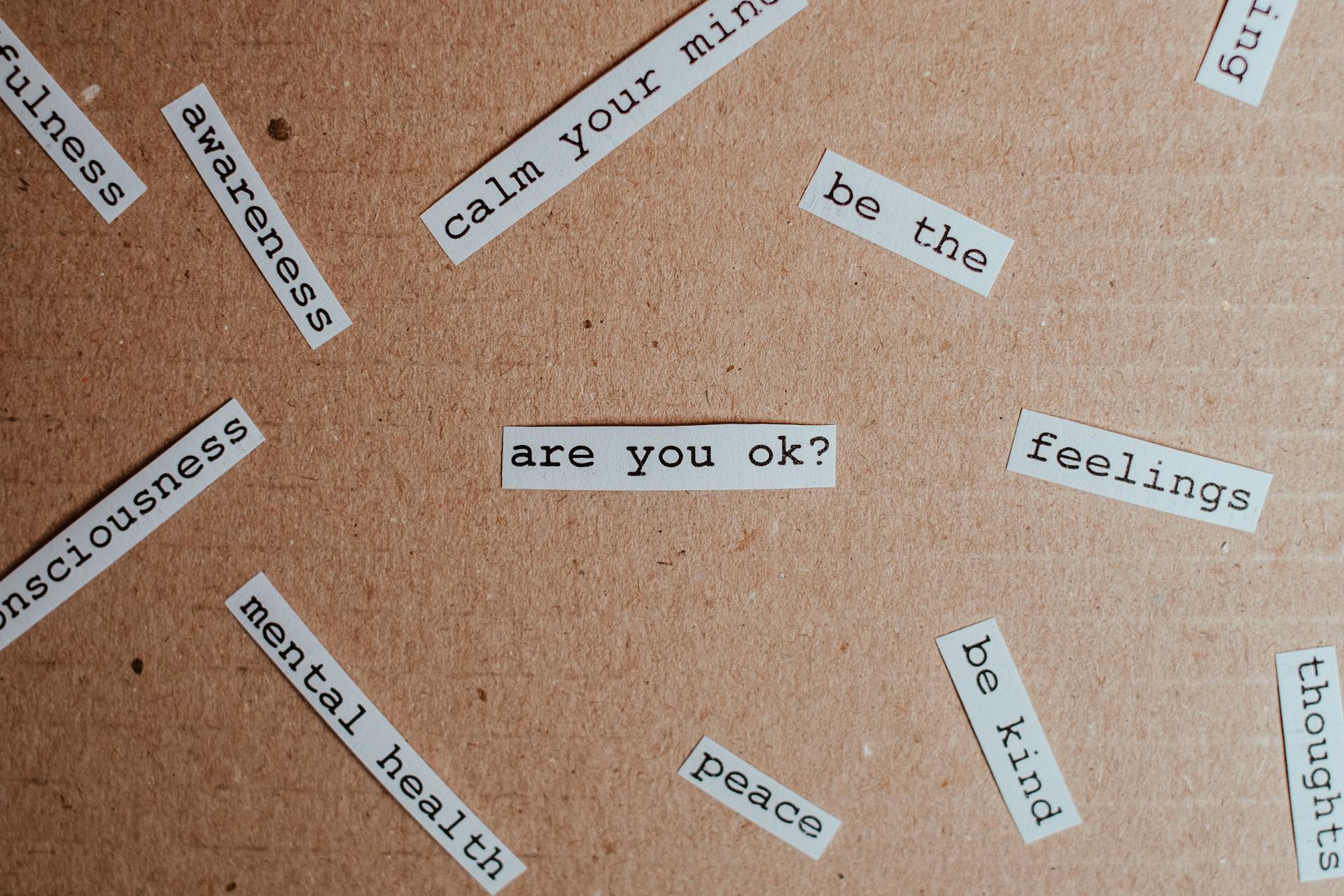Defined
People think they have peace when they dwell in an infrequent tranquil period when things are “right” and they are relaxed. It is not found in a vacation from the office with toes in warm sand listening to the crashing waves. While you may be calm and happy, you are not necessarily peaceful.
Peace is within you, not someplace you go. Peace is a calmness permeating your being despite any circumstance. It is a persistent condition rather than a result of fortuitous circumstances. However, peace can appear interrupted by agitation over illness, financial distress, and grief over the loss of a loved one, but it is not absent.
Source Code
Peace prevails when our actions are in alignment with our values. Alignment requires self-reflection, looking internally to determine what is right and worthy.
By values, I am referring to your code of conduct, which includes honesty, integrity, fairness, etc. When your actions conform to your values, you are at peace. When they do not, you are not. Unless you are a psychopath, anxiety accompanies dishonesty.
Your values extend to decisions about which activities are worthy of pursuit. When pursuing worthy endeavors, you are more peaceful and less so when you are not. Fear of exposure and guilt plague those taking apparent pleasure in a bite of the forbidden fruit. While you cannot brag about it on social media, you know there is no better place to be while on a family walk on a beautiful day.
Undergirding my peace is a belief in a God who unfailingly loves all. This belief surpasses any predicament and my inability to understand why bad things happen to good people.
The Enemy
Ironically, we need protection from the internal compass generating our peace-enabling values, our ego. Regretfully, the ego also ignites feelings robbing our peace.
Our unflinching desire for things to be how we wish prevents us from accepting, not acquiescing to, matters beyond our control. An irrational obsession over a rainy day, a traffic jam, or a stock market downturn obstructs peace. The acceptance concept is an essential element of the 12-step spiritual practice, “God grant me the serenity to accept the things I cannot change; courage to change the things I can….”
Acceptance is not liking the reversal or impediment but accepting it to move forward. In a topic for another day, the Stoics remind us the obstacle is the way, a catalyst for progress.
Our need for belonging compels us to valueless actions. We work too much to buy clothes, cars, and jewelry that we do not need to belong to a crowd with values we say we do not share.
Do billionaires find peace when they build the world’s largest yacht for no reason other than temporary bragging rights? What do they do with those enormous boats when their number of friends could not fill a 35-foot cabin cruiser?
Our ego continually provides justified reasons undermining our peace: holding onto the past, taking things too personally, anxiety about the future, etc. We cannot permanently eradicate this inner voice, but we can subdue it through acceptance and remaining connected to our self-derived values. For this reason, most teachers are not envious; they value positively impacting children over the convertible sports car paid for with the salary from a lucrative office job.
No Excuse or Impediment
Peacefulness does not relieve your responsibility for action. While your peace is not dependent on your health, you must contribute to favorable conditions with proper wellness habits.
Nor does peace breed complacency. Peace facilitates accomplishment by eliminating distraction and enabling focus on the most important. Do not mistake tranquility for dispassion. Remember, still waters run deep.
_________________________________________
Finding inner alignment and redirecting your ego secures the peace that unlocks meaningful accomplishment.

